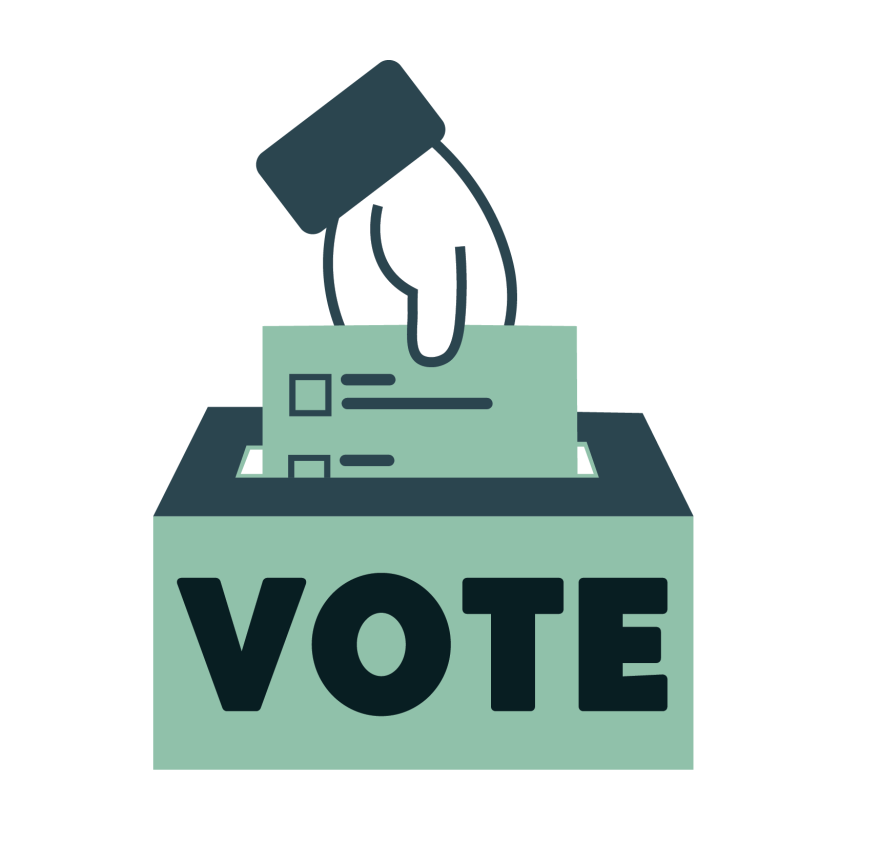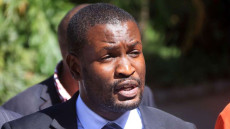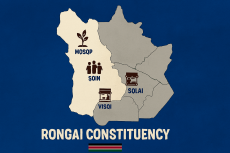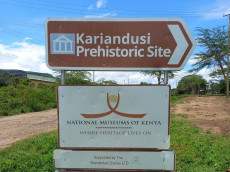- Contrary to expectations, the 2022 elections turned out to be remarkably peaceful.
Kenyan elections have long been known for their unpredictability, often driven by emotions and tribal alignments.
Tapping into these sentiments can significantly impact a candidate's campaign in a country where politics is deeply intertwined with identity and historical grievances.
Former Kirinyaga senator Charles Kibiru once famously stated, "Politics is who gets what when and how," encapsulating the complex nature of Kenyan politics.
However, recent developments suggest a shifting landscape, with the 2022 elections witnessing unprecedented campaigns based on ideologies, reasoning, and a maturing democracy.
Over the years, Kenyan elections have been marred by allegations of irregularities and vote stealing. Since the contentious 2007 elections, opposition leader Raila Odinga has consistently cried foul play, claiming the electoral process was rigged against him.
Read More
This trend continued in the 2022 elections when Raila and Martha Karua filed a petition seeking the nullification of the election results. Such controversies have perpetuated a sense of mistrust and scepticism among the electorate.
Contrary to expectations, the 2022 elections turned out to be remarkably peaceful. Several factors contributed to this unexpected outcome:
There was a consensus among Kenyans regarding the election's winner, reducing the impetus for widespread protests or disputes.
Political leaders demonstrated faith in the justice system, refraining from mobilizing their supporters against perceived irregularities.
The electorate grappled with pressing issues such as a struggling economy and election fatigue, diverting attention from potential disputes.
Kenyan democracy appeared to have matured, with citizens increasingly making decisions based on logic and reasoning rather than emotions or tribal affiliations.
The 2022 campaign period witnessed a notable shift in political discourse, with leaders focusing on ideologies, reasoning, and tangible solutions for Kenya's ailing economy.
President William Ruto, for instance, spearheaded the "Hustler Nation" movement, resonating with the aspirations of the youth by promising economic empowerment.
Ruto's tireless campaigning, which included engaging directly with Kenyan youth, dancing to popular tunes, and even riding on a wheelbarrow, showcased his ability to connect with voters on a personal level.
On the other hand, opposition leader Raila Odinga embraced gender balance by nominating a woman as his deputy president, a move aimed at rallying women behind his cause.
His campaign, known as the "limit," centred on revitalizing the economy but faced challenges due to the "dynasty" narrative and the incumbent government's support for Raila.


-1770826318-md.jpg)



-1770803686-md.png)

-1770826318-sm.jpg)



-1770803686-sm.png)